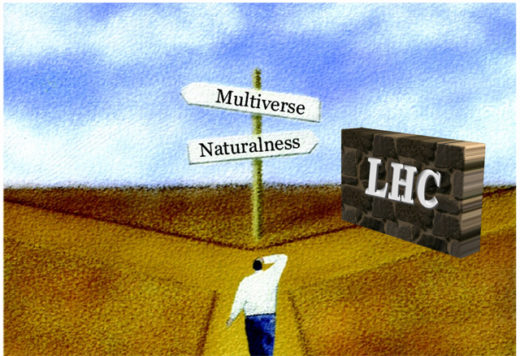In a world where technological advancements are rapidly blurring the lines between natural and artificial, one cannot help but question the very essence of nature itself. Is it still possible to define what is truly natural in an age dominated by human intervention? This contemplative exploration delves into the intricate interplay between humanity and its environment, challenging conventional notions of what constitutes as “natural.”
Redefining Natural: A Paradigm Shift
Gone are the days when nature was solely associated with untouched landscapes and pristine ecosystems. With our ever-expanding knowledge and capabilities, we have become architects of our own environments. From genetically modified organisms to sprawling urban jungles, humanity has undeniably left an indelible mark on this planet.
This paradigm shift calls for a reevaluation of our understanding of nature. Rather than viewing it as something separate from ourselves, we must acknowledge that humans are an integral part of this complex web of life. Our actions shape ecosystems just as much as any other force in nature.
Furthermore, technology has become inseparable from our daily lives – a testament to human ingenuity and innovation. As we harness these tools to manipulate our surroundings, can we still consider them unnatural? Perhaps they are simply extensions of our innate drive to understand and control the world around us.
The Blurred Boundaries: Embracing Hybridity
In embracing this new perspective on nature, we must also confront the concept of hybridity – the blending together of natural and artificial elements. The once clear-cut distinction between organic matter and man-made creations becomes increasingly hazy.
Consider how cities seamlessly integrate green spaces within their concrete confines or how synthetic materials mimic biological structures for enhanced functionality. These examples highlight not only humanity’s ability to adapt and coexist with nature but also the potential for harmonious collaboration between the natural and artificial.
Moreover, our understanding of ecosystems has evolved to encompass urban environments as well. The intricate networks of flora, fauna, and human inhabitants within cities are now recognized as unique ecological systems in their own right. This recognition further blurs the boundaries between what is traditionally considered natural and unnatural.
Rethinking Nature: A Call for Balance
As we navigate this ever-evolving landscape, it becomes imperative to strike a delicate balance between our desire for progress and the preservation of our planet’s biodiversity. While technological advancements offer immense benefits, they must be tempered with an awareness of their potential consequences.
We must strive towards sustainable practices that minimize harm to both human societies and the environment at large. By embracing a contemplative approach that acknowledges our interconnectedness with nature while harnessing innovation responsibly, we can forge a path towards a more harmonious future.
A New Narrative: Embracing Complexity
In conclusion, rather than viewing nature as something separate from ourselves or technology as inherently unnatural, let us embrace complexity. Let us reimagine the boundaries of nature by recognizing humanity’s role in shaping ecosystems and appreciating the interplay between natural and artificial elements.
By doing so, we can foster a deeper understanding of our place in this vast tapestry called life – one where harmony is achieved through conscious stewardship rather than rigid definitions. It is through this lens that we may find new ways to coexist with all facets of existence on Earth.

